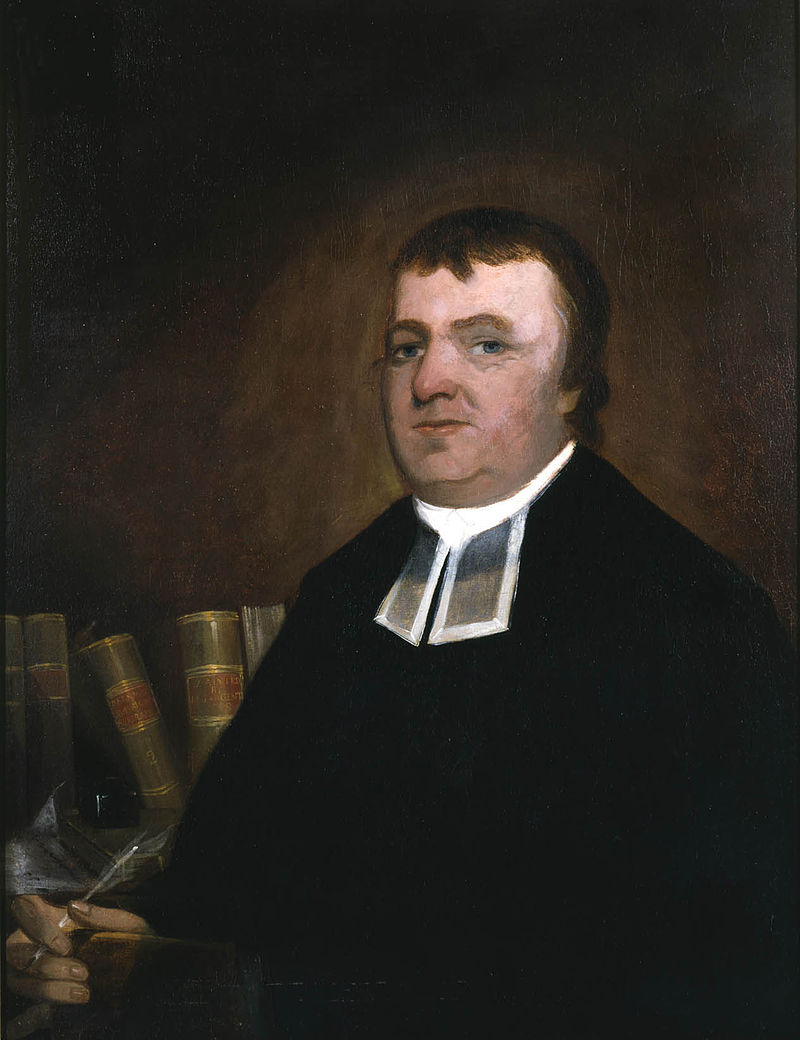What is a historian to do about miracles, events in time that break the rules of natural law and sensory evidence, products of a supernatural force, that is, God?
The easiest approach is, of course, to reject all theism, to put on the atheist’s mantle, and say simply that miracle, anything supernatural, has not occurred, does not occur, will not occur.
But anything that cannot be fully explained, that is out of the ordinary, might have a supernatural basis. If we cannot quite explain the creation of the universe, or what the nature of time is, or how genetic mutation occurs in life, or from where life originates in the first place, or what happens at death—or the many other countless questions that humans have pondered and for which we have no definite, scientific, logical answer—then how can we be certain, how can we know for sure, 100%, that a supernatural force, God, has not been behind it, created it, willed it, planned it?
There have been many skeptics over the centuries who have questioned, ridiculed, declared insignificant anything that cannot be explained by humans, by science. David Hume the English skeptic criticized those who accept miracles described in the New Testament with the argument that any argument based on sensory evidence is stronger than an argument based on hearsay evidence. Thomas Paine, in The Age of Reason, represented Deists of the 18th century in condemning the New Testament as nonsense to the rational mind: How can a person who is dead live again? How can a person walk on water? How can water be turned into wine? These things do not happen, and contradict natural law.
Yet consider: If there is a God, if that God is active not passive, if that God has power and uses it, even the power to listen to prayers and respond, if God is the God of Creation, the maker, even the originator, of all things, if God is outside of time in the one moment and sees all things, knows all things, then why cannot such a God of creation of time, of knowledge, hence of power, cause the physical and material world, time and space, to alter according to His will?
To us who live in time and space, living moment by moment in the material world, the normalcy and predictability of it, of the laws of nature, are expected and assumed by our observation and confirmation of the process of cause and effect. But God and His ways are so different, so beyond our comprehension limited by time and space, that it requires singular arrogance to assume we know, and only what we know and observe, or hypothesize and predict, can exist, and therefore eliminate all miracle or the supernatural.
The eighteenth-century historian and scientist Jeremy Belknap, in his book, Dissertations on the Character, Death & Resurrection of Jesus Christ, argued that if we assume other ancient works written by reasonable humans, such as Plato and Aristotle, are legitimate sources, if accounts of people observing things and recording them, like Livy and Plutarch, are legitimate, then why not the Gospels as well? If we assume that Plato’s account of the death of Socrates in Phaedo is a legitimate source, then why not John’s account of Jesus’s death in the fourth Gospel? Belknap correctly argued that the Deist assumption of the regularity and order of the created universe requires as much faith as the Christian assumption of the divinity of Christ. Besides, Belknap argued, to read and analyze the New Testament requires more than a purely credulous mind, rather a mind seeking “sensible demonstrative proof.” Even Jesus’s disciples doubted what he did and taught, but in time “there was an exercise of reason in judging of the evidence, and the result was conviction and faith.” No one can read the Gospels without the exercise of reason that “applies to his understanding, judgment, conscience, will and affections.”
Belknap, who was a leading scientist of his day, played Hume’s (and Paine’s) game, trying to conform the New Testament to standards of human science. But think: Jesus in the Gospels repeatedly challenges our basic ideas, received tradition, expectations, customs, and thoughts with his teaching, some of which can appear almost foolish. Clearly the Gospels have to be read with feeling and intuition more than logic and science.

The Apostle Paul noted that the foolishness of God surpasses the weakest human wisdom. God uses weakness, foolishness (the weakness of logic and reason) to accomplish his purposes and make known his strength.
Jeremy Belknap argued that there are two Scriptural foundations for belief: the written scriptures of the Old and New Testament and the Elder Scripture of God’s works in nature. Humans must approach both of these sources of scripture with reason, study, analysis, and thought. Science and logic applied toward natural history, Elder Scripture, is clearly justified, just as using reason when studying the written scriptures. There has to be a balance—of faith and reason, credulity and incredulity, intuition and logic analysis, deduction and induction. One must bring the objective and subjective mindsets to bear on any object of inquiry, whether it be the Gospels, natural history, human history, science, God, or miracle.
If miracle then exists, how does it occur in time, in history? When are events in the past and present contingent, happenstance, or the product of the will of God? How is the historian to interpret the amazing, and unexpected, events of the past?
